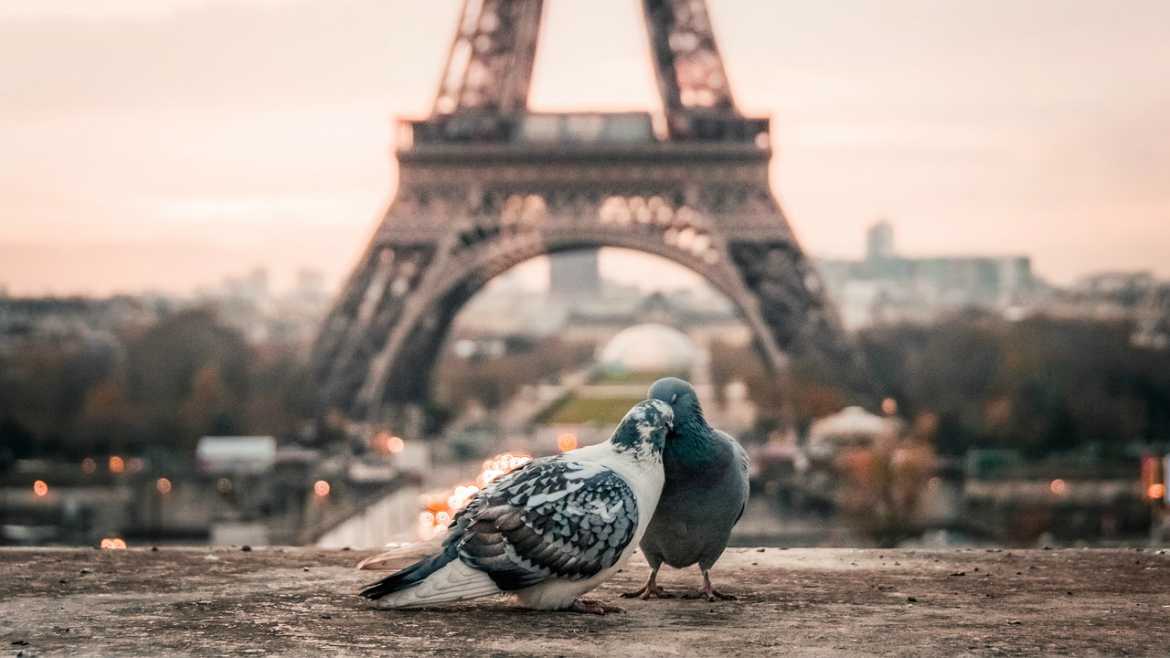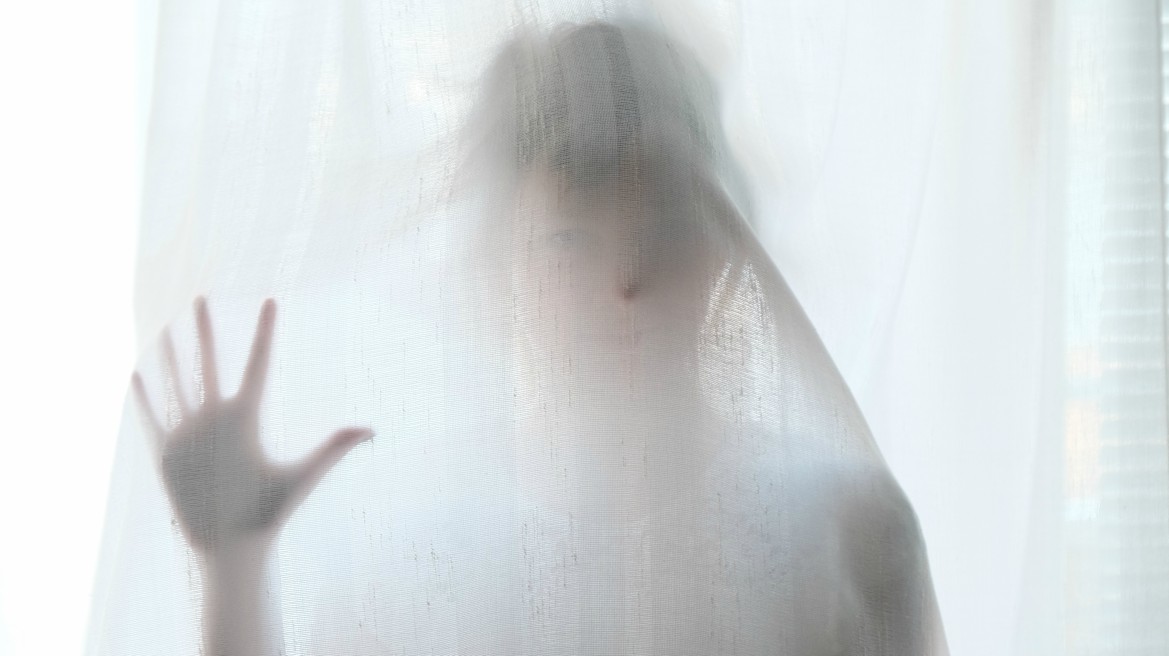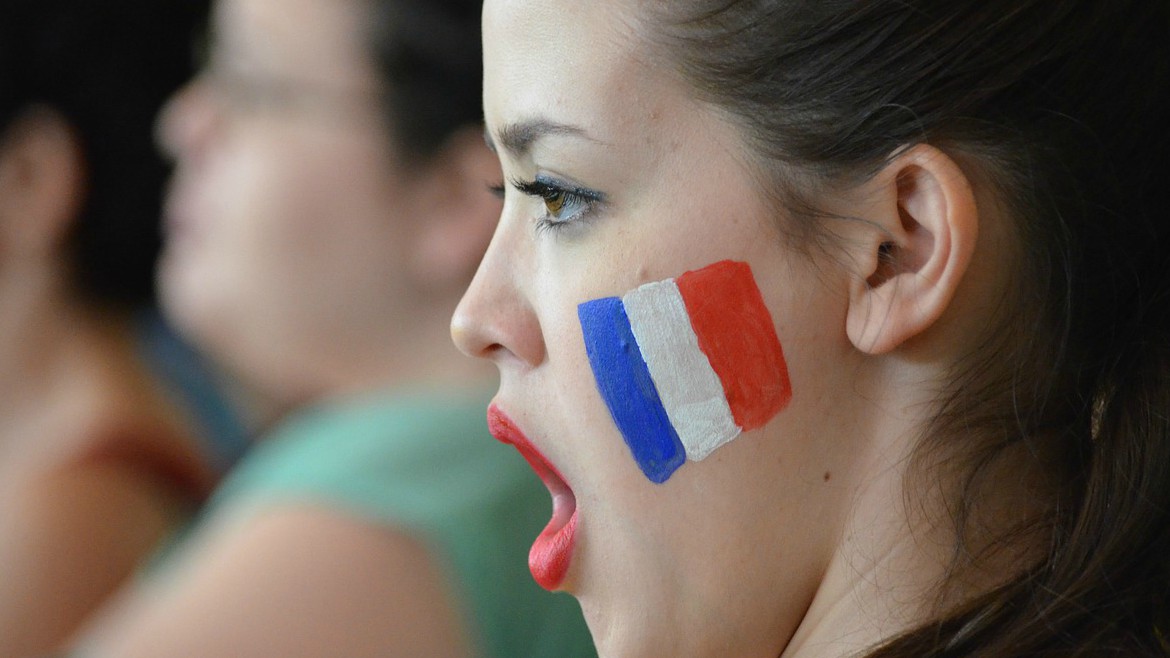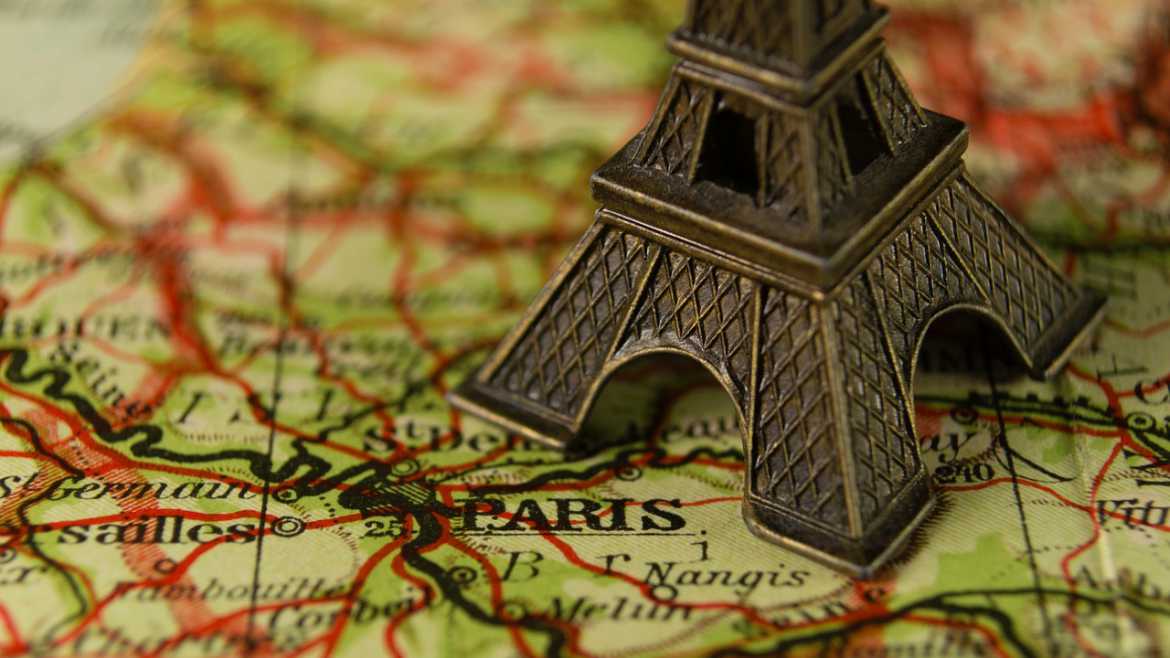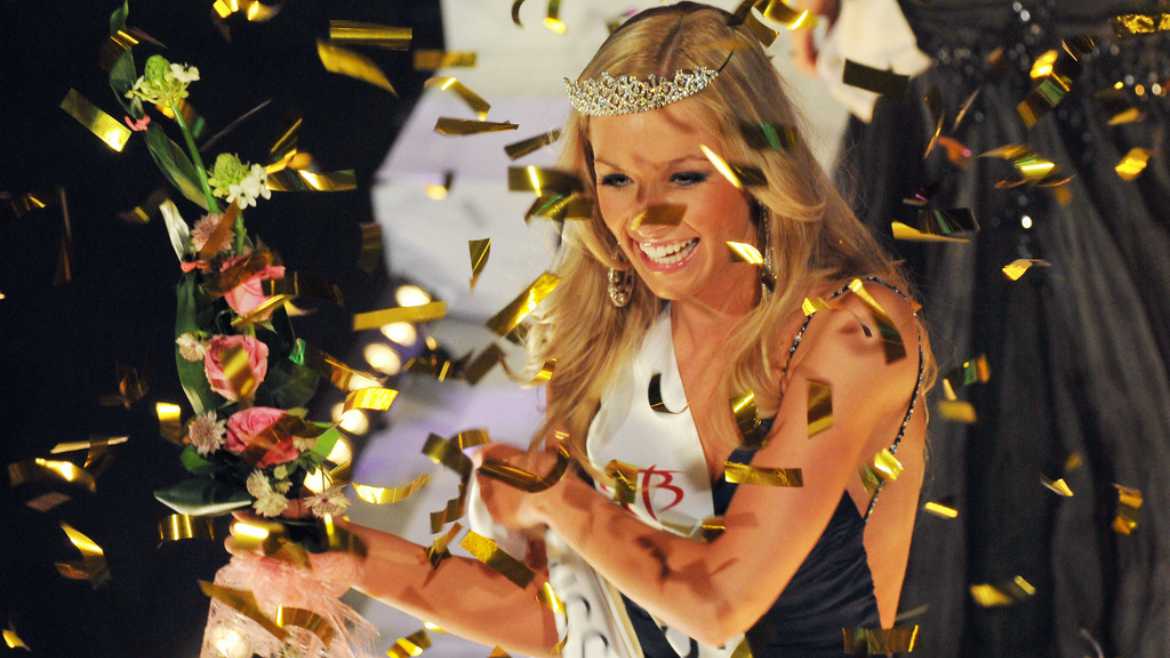
Can you believe these things are still acceptable in France?
At the narrowest point of the English Channel, France is only 20 miles away from Britain. To put that into perspective, a sausage was once made in Sheffield that was 36 miles long – meaning it is entirely correct for me to say that the distance between the two countries is smaller than a sausage. Why, then, do we have such differing opinions on certain subjects, when less than a sausage separates us?
We’re getting into touchy territory here. I’d like to make it clear from the outset that – of course – not all French people have the same opinions. They may be horrified, indifferent or in 100% agreement with the things I talk about below. Neither am I holding up Britain as some sort of idyll where everyone is treated equally and no one is ever cruel or hurtful; that would be laughably untrue. What this is about is things that I have personally been shocked by in France – and plain surprised that they still exist when they’ve been more or less done away with in Britain (or at least shoved under the carpet).
Circus animals
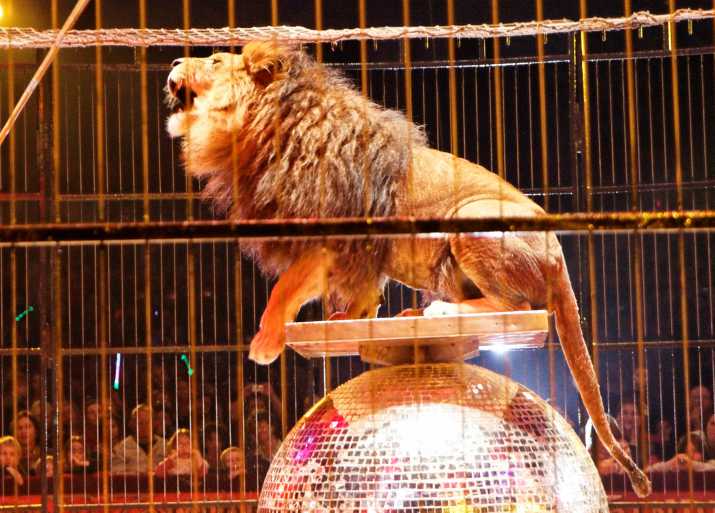
The only time you should see a lion dance on a glitterball is when you take acid
(Photo: By Thesupermat [CC BY-SA 3.0], via Wikimedia Commons)
13 million spectators watch performing animals in circuses in France every year. That’s more than the entire population of Belgium. Not that Belgians want to see elephants ride bicycles because they voted to outlaw it in 2017. France is one of the few remaining European countries that allows wild animals like lions, tigers and bears to be used in circuses. You know who else doesn’t allow it? Iran. Adorable Iran with their not-exactly human rights friendly government thought to themselves ,”Hey, you know what? Forcing tigers to perform unnatural acts (often while being beaten) and endure deplorable cramped living conditions, that’s not really cool, is it?” Iran thought that. Iran. But France – a country that prides itself on its reason – hasn’t come to this conclusion yet?
Perhaps I shouldn’t get on my (circus) high horse quite yet. The use of animals in circuses is still legal in England and Wales (not Scotland!) though only a handful of these kind of circuses remain – compared with France’s 130 – and none use big cats. Still, 94% of the British public are against the practice and a ban looks likely this year.
The future isn’t entirely bleak for circus animals in France. 62 local councils in France so far have banned circus with animals, while public revulsion over an incident in November 2017 when a tiger escaped and was eventually killed in Paris, indicates that perhaps the French public are waking up to the cruelty involved in this entertainment, and finally circuses will stick to what they’re truly good at: terrifying children with their evil clowns.
Le cirque Bormann s'installe sous nos fenêtres à Libé. Trois tigres tournent en rond dans 3 mètres carré. Ça va me rendre folle. pic.twitter.com/xJ4Wx3dj3o
— Camille Gévaudan (@khomille) November 14, 2017
(Bormann circus has set up under our windows at Libé. Three tigers are going round in circles in 3 m². This is going to drive me crazy.)
Televised beauty contests

Oh, look, the blonde has won. Please hold my wine glass while I faint in surprise.
Beauty pageants exist in Britain (we’re not that ugly). But – as with most distasteful things, like dog fighting, Roy “Chubby” Brown or your morning dump – we don’t show them on TV. The Miss World contest was last broadcast on mainstream British TV in 1988 after years of campaigning by feminists. Nowadays if you want to watch Miss World you’ll have to search the hinterlands of satellite TV or the internet, which seems daft because if you were in either of those places, surely you would watch proper porn instead?
Which brings us to the Miss France competition, shown on a Saturday evening on France’s main channel, TF1. This is popular, family entertainment, exactly as it was in Britain in the seventies. Gather round the telly, kids, and we’ll decide which of these 18-24 year old, single, child-free, slim-but-not-skinny, long-haired, high-heeled tanned girls is the prettiest!
This year’s Miss France contest featured a performance by Ed Sheeran who, of all people, you would think would be behind the message that we shouldn’t judge by appearances. It also included a video where the contestants denounced violence against women. Lesson for ladies watching: “Please don’t hit me” is more effective if you’re wearing a bikini.
Why is this still being shown in France? It’s not as if there’s no debate about its appropriateness, there absolutely is. Are the French simply chauvinist? Or are they dedicated to a woman’s right to show her body, whether it be on a stage or at the beach. Perhaps British people/Anglo-Saxons are puritans, afraid of female sexuality? This was certainly the gist of the argument made by French women against the #metoo movement.
From my point of view, as a British woman, the only way this would be acceptable is if men had to do it too. Same Saturday-night stage, same conditions (single! no kids!) and with Ed Sheeran crooning in the intermission while they get changed into their swimwear. (“Which one’s your favourite, kids?” “Ooh, I like Monsieur Limousin best, his hair is pretty!”) No, I don’t think it will happen either.
One last thought on this complex subject: you know who else loves beauty contests so much that he used to own Miss Universe (the contest, not the person ….at least I hope)? Donald Trump. Do you really want to be in the same team as that guy?
Racial humour

The only blackface that is acceptable
When I first moved to France, I taught English in companies. During one lesson, a man in his fifties made a slitty-eyed gesture. I was horrified; the rest of the group laughed. “He’s old an doesn’t realise he’s being racist,” I reasoned, “and the other students were laughing so as not to make him feel awkward.” But then the same thing happened during another lesson. Then another. I didn’t understand: were French people racist or was this somehow not racist in France?
There’s no grey area in Britain. Pulling the skin at the side of your eyelids to imitate the eye shape of an East Asian person is extremely racist. Prince Philip once made a joke using the words “slitty eyed” – to be clear, he didn’t do the gesture, just said the words – and people still bring it up today, thirty years later.
A brief Google search brings up several news stories of people getting into hot water over this gesture. Argentinian athletes or Spanish basketball players are photographed in this pose, then later apologise, saying they didn’t realise it was offensive. The Telegraph explains that mocking someone’s race is on a par with mocking their weight, height or hair in Latin countries.
Is this the case in France? There was comparable incident last year where a white football player, Antoine Griezmann, posted a picture of himself dressed up as a Harlem Globetrotter, in dark skin make up and wearing an afro wig. Responding to the outcry that followed, Griezmann said it was done with admiration and affection, before finally apologising for any upset he had caused. Several French newspapers reported the incident and explaining why “blackface” is offensive, which suggests that this act and its grim associations are less well known in France.
We live in a time where photos and jokes between friends of similar cultural backgrounds can be exposed to the world via social media, and judged by different standards. The consequences of one ill-thought out costume could be devastating or, on the other hand, it may eventually lead to greater sensitivity in matters such as race.
There we are. I’d be interested if anyone has had the same or similar experiences and reactions. Or perhaps I’m being a precious snowflake? Is your ideal entertainment a beauty contest featuring tigers in racially offensive make up? Let us know! And please share if you’ve enjoyed 🙂


